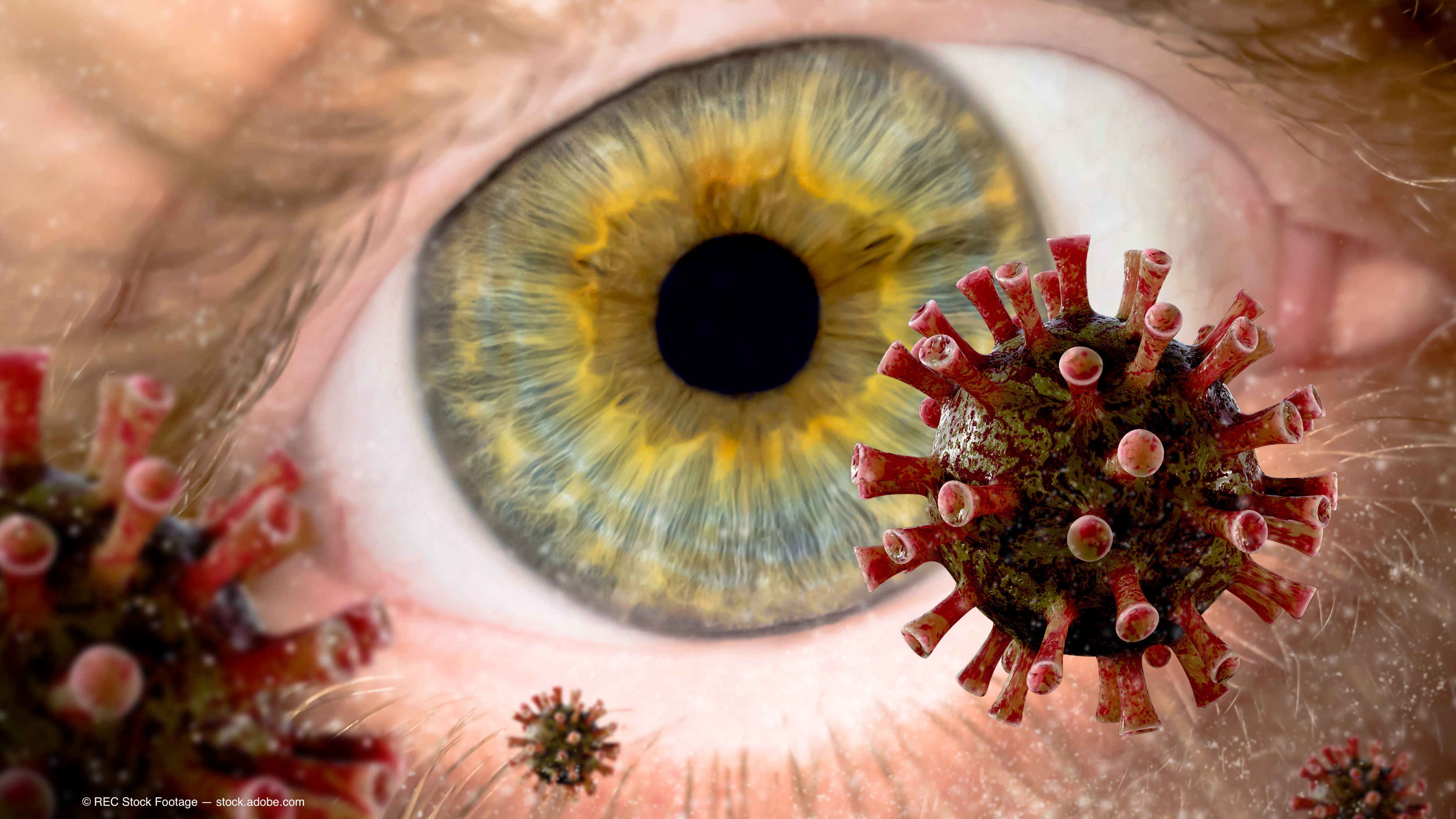- Therapeutic Cataract & Refractive
- Lens Technology
- Glasses
- Ptosis
- AMD
- COVID-19
- DME
- Ocular Surface Disease
- Optic Relief
- Geographic Atrophy
- Cornea
- Conjunctivitis
- LASIK
- Myopia
- Presbyopia
- Allergy
- Nutrition
- Pediatrics
- Retina
- Cataract
- Contact Lenses
- Lid and Lash
- Dry Eye
- Glaucoma
- Refractive Surgery
- Comanagement
- Blepharitis
- OCT
- Patient Care
- Diabetic Eye Disease
- Technology
High level of severe infectious keratitis in South India linked to COVID-19
Investigators analyzing the impact of the COVID-19 pandemic on outcomes of infectious keratitis reported that irreversible blindness was prevalent in a substantial number of patients.

Investigators analyzing the impact of the COVID-19 pandemic on outcomes of infectious keratitis reported that irreversible blindness was prevalent in a substantial number of patients.1
The reasons cited for such an adverse outcome were delayed presentations and acute shortage of donor corneal tissues for emergency keratoplasty, according to Josephine Christy, MS, *Cornea and Refractive Services, Aravind Eye Hospital, Pondicherry, India, and colleagues.
The investigators conducted a retrospective study of 258 patients who presented to 6 tertiary care centers in South India at a time when strict travel restrictions were mandated from March 24 to May 31, 2020.
The researchers analyzed the data for demographics, initial treatment, length of delay in presentation, microbiologic diagnosis, clinical course, and final treatment outcome.
Analysis of infectious keratitis
Most patients, 61.2%, were men and the average patient age was 49.2 years.
The results indicated that 41 patients (15.9%) had delayed presentations for a minimum of 1 week after they had symptom onset.
Upon presentation, 108 patients (41.9%) had a severe ulcer, 32 of which were perforated. The infections resolved in 103 patients (45.6%).
Ninety patients (39.8%) with ulcers had a perforation; however, only 29 patients (32.2%) were able to undergo a keratoplasty because donor tissue was unavailable.
After a follow-up period of 6 months, 47 patients had loss of the globe and 12 other patients had total permanent vision loss.
The researchers concluded, “The delayed presentations and acute shortage of donor corneal tissues for emergency keratoplasty because of the COVID-19 pandemic had a grave impact, resulting in irreversible blindness in a significant number of patients.”
See more COVID-19 coverage
Reference
1. Christy JS, Mathews P, Rhagavan A, et al. Impact of COVID-19 pandemic on infectious keratitis outcomes: a retrospective multicenter study in tertiary eye hospitals of South India. Cornea 2021;40:1474-1481; doi: 10.1097/ICO.0000000000002829
